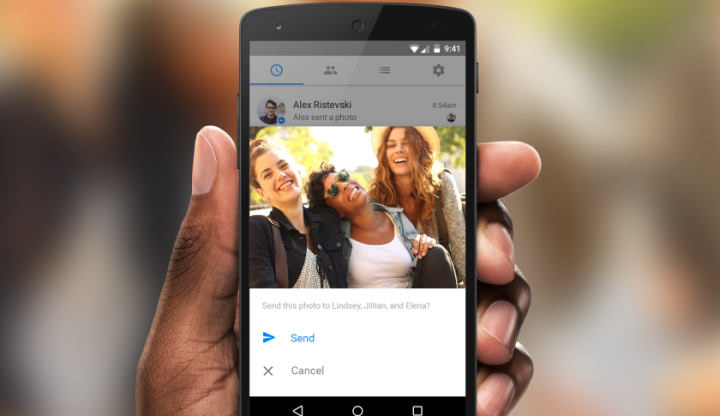
San Francisco federal district court judge James Donato has ruled that the case, which alleges the violation of an Illinois law that bans the collection and storage of biometric data without explicit consent, could proceed to trial.
“The Court accepts as true plaintiffs’ allegations that Facebook’s face recognition technology involves a scan of face geometry that was done without plaintiffs’ consent,” wrote Donato in the ruling.
The photo-tagging function in question has been a part of Facebook since 2010. With the aid of facial recognition software, the tool identifies users in photos and automatically tags them.
Prior to the feature’s introduction, Illinois had already passed its Biometric Information Privacy Act in 2008. The law demands companies acquire the consent of a consumer before collecting or storing biometric data. As recently as March, fellow tech giant Google was targeted in a lawsuit that alleged that its photo-tagging system — which, like Facebook’s, uses “faceprints” to identify people in images — had violated the Illinois law.
In response to the plaintiffs’ allegation that they never gave Facebook permission to use their faces as biometric identifiers, the social network argues that the feature is divulged in its terms of service, reports CNBC.
Facebook contends that users can opt out of the function at any time. Additionally, Facebook argued that the law being cited does not apply to its tool because its “faceprints” originate from photographs.
“Trying to cabin this purpose within a specific in-person data collection technique has no support in the words and structure of the statute, and is antithetical to its broad purpose of protecting privacy in the face of emerging biometric technology,” adds Judge Donato in his ruling.
If you wish to turn off the auto-tag function for yourself, here are Facebook’s instructions as to how you can do so:
- Click the downward arrow at the top right of any Facebook page and choose Settings
- Click Timeline and Tagging in the left column
- Next to How can I manage tags people add and tagging suggestions?, click Who sees tag suggestions when photos that look like you are uploaded?
- Choose an option from the dropdown menu
- When you turn off tag suggestions, Facebook won’t suggest that people tag you in photos that look like you. Keep in mind that friends will still be able to tag photos of you.
Faced with growing privacy concerns, Facebook has previously suspended the use of its photo-tagging feature in other regions, including Europe and Canada. We have reached out to Facebook for a response on the latest ruling, and will update the article accordingly.


